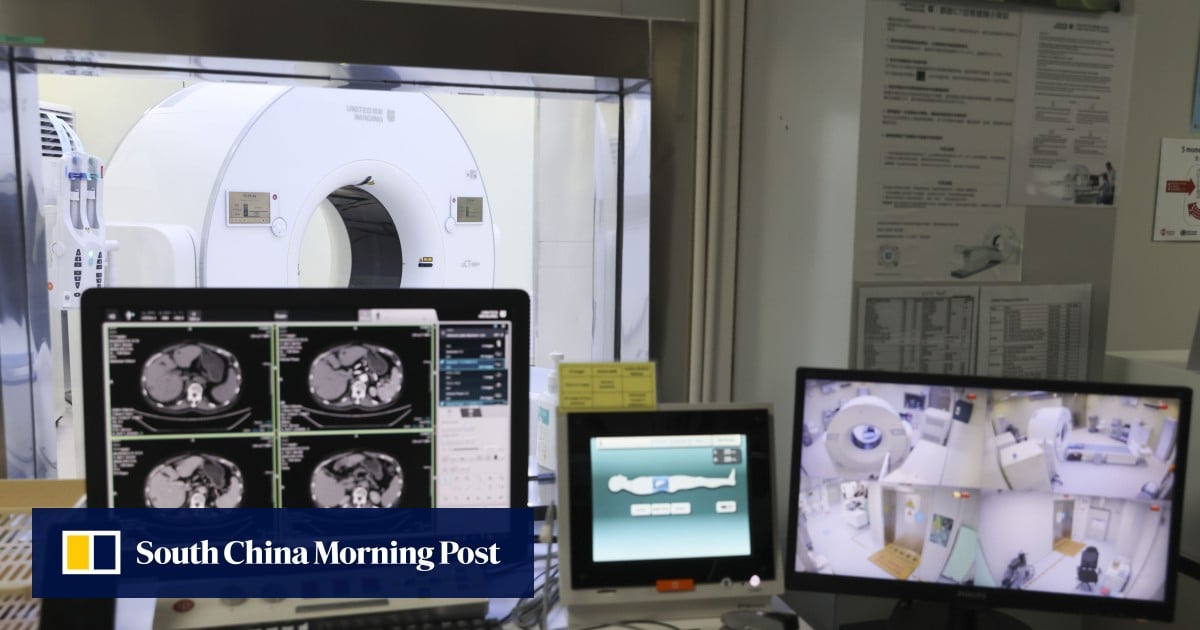
Shanghai has developed one of the world’s most comprehensive banks of medical data, compiling records from over 11 million patients. The scale and depth of this dataset stand out globally, going beyond what is currently available in the United States or Europe, according to Professor Wang Haibo, a leading expert involved in the initiative.
The medical data repository includes detailed patient histories, diagnostics, treatment outcomes, and other clinical data points collected from hospitals and healthcare facilities across the city. Efforts to unify and digitize this information aim to support large-scale health research, machine learning applications, and more precise public health monitoring.
Professor Wang views this endeavor not only as a landmark in China’s medical research capabilities but also as a valuable resource for global medical and AI communities. The dataset can help advance research into chronic disease patterns, improve predictive models for healthcare delivery, and support drug development with real-world evidence.
“Such an extensive and curated collection of patient information is unparalleled in Western health systems, where legal and regulatory challenges often impede data centralization. Shanghai’s achievement could be a model for future health data strategies,” said Wang.
However, the growth of this data bank also raises important questions around data privacy, consent, and usage transparency. Experts emphasize the need for continued development of stringent safeguards and ethical guidelines to govern access and utilization.
Shanghai’s data initiative underscores China’s increasing focus on health technologies and positions the city as a leader in the evolution of precision medicine and health data science.
Source: https:// – Courtesy of the original publisher.








